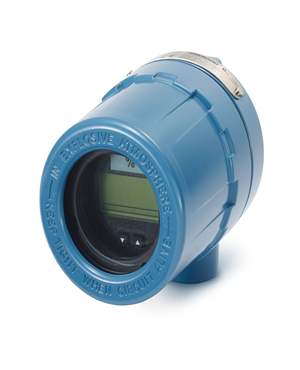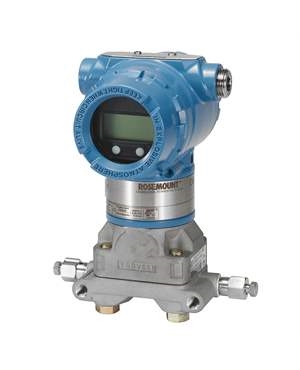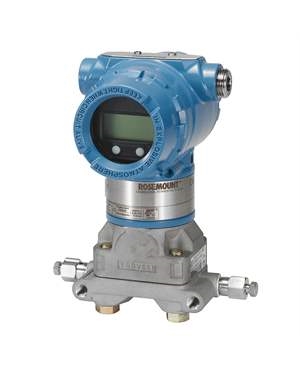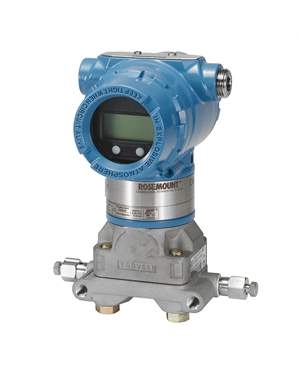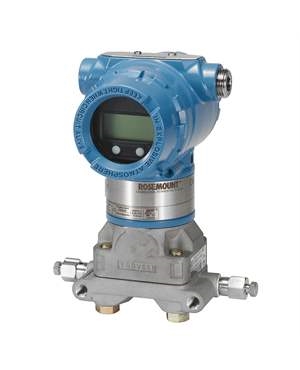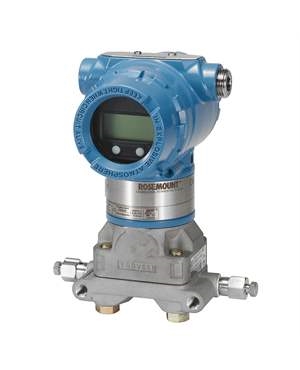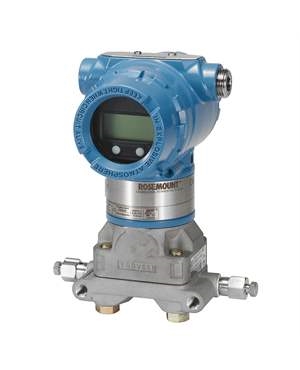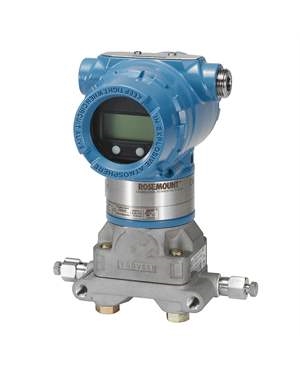Role of Sensors in the Food Processing Plant
Brian Craig
September 14, 2023
The food processing industry is vital as it plays a critical role in guaranteeing the safety and quality of food products. It involves various stages of preparation, preservation, and packaging, which are essential for preventing contamination, extending shelf life, and delivering nutritious and safe food to consumers.
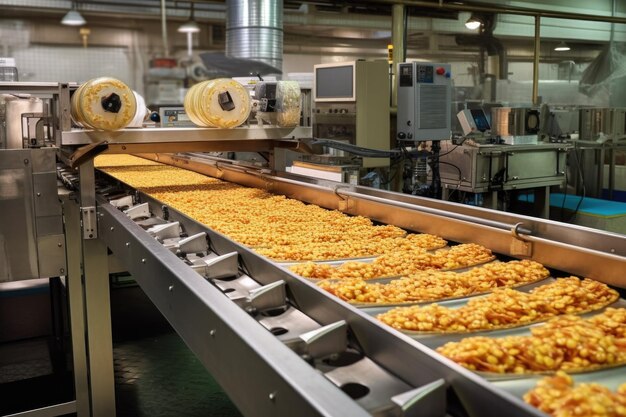
The Role of Sensors in Modern Food Processing
- Precision Monitoring: Sensors ensure precise monitoring of parameters like temperature, moisture and pressure throughout the food production process.
- Quality Control: They help maintain consistent product quality by detecting variations and deviations, preventing defects and ensuring uniformity.
- Safety Assurance: Sensors contribute to food safety by identifying contaminants, pathogens or irregularities in real-time allowing for immediate corrective actions.
- Efficiency Improvement: They optimize resource utilization, reducing waste and energy consumption, ultimately enhancing the efficiency of food processing operations.
- Regulatory Compliance: Sensors assist in meeting strict food safety standards and regulatory requirements, ensuring consumer protection and compliance with industry regulations.
The Various Stages Involved in Food Processing
Food processing encompasses several stages, each designed to transform raw materials into edible products while maintaining quality and safety. Here are the various stages involved:
- Preparation: This stage involves the initial preparation of raw ingredients, including cleaning, peeling, chopping and sorting. It aims to remove impurities and ensure uniformity.
- Processing: During processing, the raw materials are transformed into food products through methods like grinding, blending, cooking and mixing. This stage often includes heat treatment, such as pasteurization or sterilization, to kill harmful microorganisms.
- Preservation: Preservation methods, such as canning, freezing, drying or refrigeration, are used to extend the shelf life of food products by inhibiting spoilage and bacterial growth.
- Packaging: Food products are packaged in suitable containers to protect them from contamination, preserve freshness and provide convenience for consumers. Packaging also includes labelling for product information and branding.
- Quality Control: At various points in the processing chain, quality control measures are employed to ensure that products meet established standards for taste, texture, appearance and safety.
- Distribution: Processed food products are distributed to retailers, wholesalers and consumers through various channels, including transportation, storage, and logistics.
- Consumption: This final stage involves the consumption of the processed food products by consumers. It is essential that the product maintains its quality and safety throughout this phase.
- Waste Management: Responsible disposal or recycling of waste generated during food processing is a crucial stage to minimize environmental impact.
Types of Sensors Used in Food Processing
Various types of sensors are integral to the food processing industry, ensuring the safety, quality, and efficiency of food production. Here are some key types of sensors used in food processing:
Temperature Sensors:
- Thermocouples, resistance temperature detectors (RTDs) and infrared sensors are commonly used to monitor and control temperatures during cooking, baking, refrigeration, and storage.
- They help prevent bacterial growth, ensure proper cooking, and maintain food freshness.
Pressure Transducers:
- Pressure transducers monitor and control fluid pressure in processing equipment ensuring safety and efficiency.
Moisture Sensors:
- Moisture sensors, including capacitance and impedance sensors, measure the moisture content in food products like grains, fruits and baked goods.
- They assist in quality control, preventing products from becoming too dry or soggy.
Pressure Sensors:
- Pressure sensors monitor pressure levels in various stages of food processing, including packaging and sterilization.
- They help ensure the integrity of packaging seals and safety in pressurized systems.
Flow Sensors:
- Flow sensors, such as electromagnetic or ultrasonic flow meters, control the rate of liquid ingredients in the mixing, filling and dispensing processes.
- They maintain accuracy in recipe formulations and filling operations.
pH Sensors:
- pH sensors measure the acidity or alkalinity of food products and ingredients.
- They play a crucial role in controlling flavours, textures and shelf life.
Gas Sensors:
- Gas sensors detect gases like oxygen, carbon dioxide and ethylene in packaging and storage environments.
- They help maintain optimal gas composition for preserving food quality.
Metal Detection Sensors:
- Metal detectors identify and reject metal contaminants in food products.
- They enhance food safety by preventing foreign objects from reaching consumers.
Optical Sensors:
- Optical sensors are used for detecting contaminants, foreign particles or irregularities in food products.
- They contribute to food safety and product quality.
Ultrasonic Sensors:
- Ultrasonic sensors measure distances and levels in tanks and containers, helping manage ingredient levels and inventory.
- They improve production efficiency and inventory control.
Infrared Sensors:
- Infrared sensors can determine the composition and moisture content of food products, making them valuable for quality control.
These sensors are crucial in maintaining food safety, quality and consistency throughout the production process from raw materials to finished products, while also supporting compliance with regulatory standards.
Sensors are indispensable assets in the modern food processing plant, serving as vigilant guardians of food safety, quality and efficiency. They play a pivotal role in ensuring that every product that reaches our tables meets the highest standards.
From monitoring critical parameters like temperature, moisture and pressure to detecting contaminants and ensuring precise ingredient measurements, sensors are the unsung heroes of the food industry. They work diligently behind the scenes, tirelessly contributing to the success of food processing operations.
At The Transmitter Shop, we offer high-quality Resistance temperature detectors (RTDs), Thermocouples and Pressure Transducers. To know more about our RTDs, thermowells, and other temperature measurement devices from leading brands, please contact us via phone +1-888-964-8837, or via email at [email protected].
Related Posts
- What is RTD Sensor and How Does it Work?
- What is a Thermocouple and How Does It Work?
- A Beginner’s Guide for Installation of Thermowell
- Why Platinum is a Preferred Choice in RTD Sensors?
- How to Choose the Right Exhaust Gas Temperature Sensor for Your Engine
- Role of Sensors in the Food Processing Plant
- How Can Greenhouse Gas Emissions Be Reduced?
- Understanding Electrochemical Detection: Principles, Techniques and Environmental Application
- Pneumatic Pressure Controllers: A Safe Choice for Hazardous Areas
- A Practical Guide to Vacuum Measurement and Operation
- An Unconventional Guide to Selecting the Right Pressure Sensor
- How Can Greenhouse Gas Emissions Be Reduced?
- Understanding Electrochemical Detection: Principles, Techniques and Environmental Application
- Pneumatic Pressure Controllers: A Safe Choice for Hazardous Areas
- A Practical Guide to Vacuum Measurement and Operation
- An Unconventional Guide to Selecting the Right Pressure Sensor
QUICK ENQUIRY
